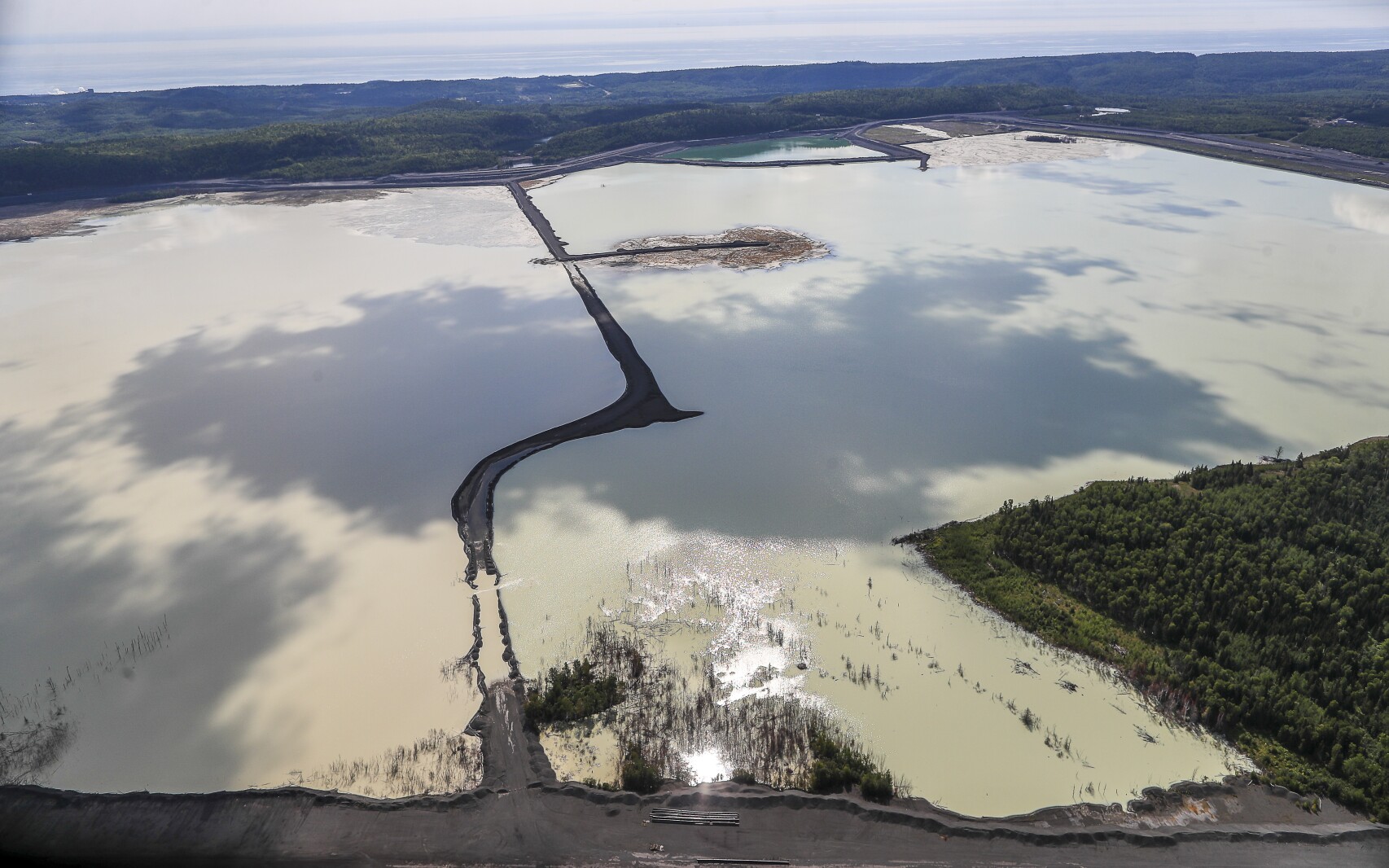Judicial Twist: Court Pushes DNR Back to the Drawing Board on Controversial Environmental Assessment

In a significant ruling, the court has mandated that a state environmental agency must revisit its assessment of a proposed mine waste basin expansion near Lake Superior. The decision requires the agency to conduct a comprehensive environmental impact statement, ensuring a thorough evaluation of potential ecological consequences before the project can move forward.
This directive highlights the court's commitment to environmental protection and careful scrutiny of industrial development projects that could potentially impact sensitive natural ecosystems. By requiring a detailed environmental impact statement, the court aims to provide a comprehensive review of the potential risks and environmental implications associated with the proposed basin expansion.
